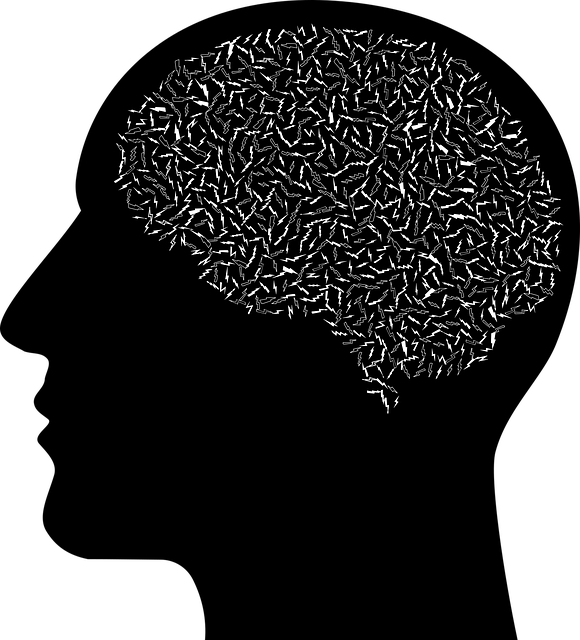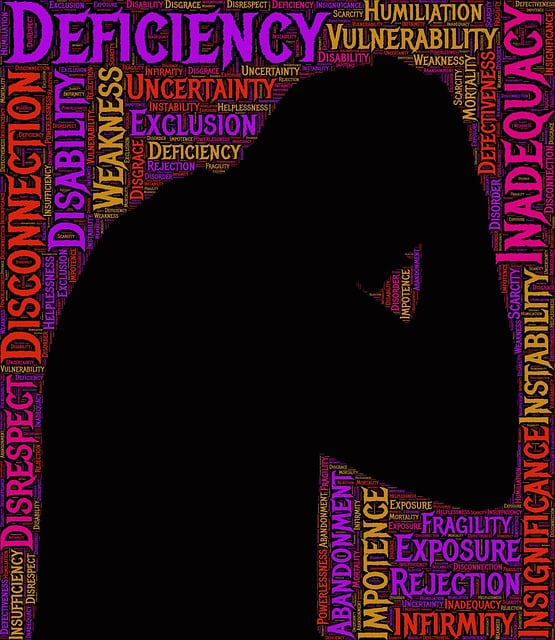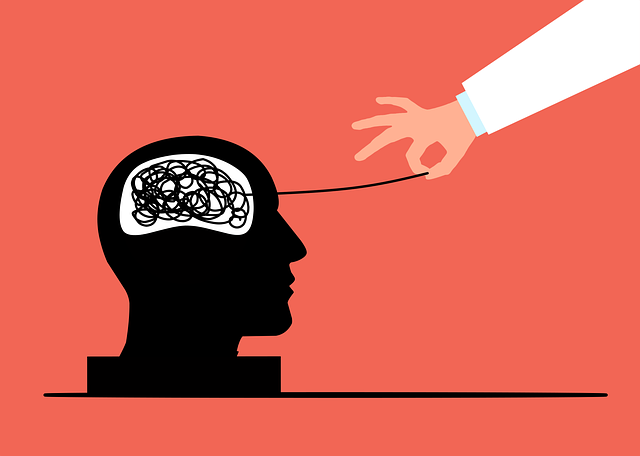Social Skills Training (SST), integrated into Parker Major Life Transitions Therapy, is an evidence-based approach that enhances communication, empathy, and relationship management. By addressing social anxiety and fostering a sense of belonging, SST plays a crucial role in mental health management, especially in today's fast-paced world. This tailored program combines role-playing, group discussions, and cognitive-behavioral techniques to improve coping skills and promote better mental health outcomes. Integrating SST into daily life activities and self-care routines supports long-term wellness and aligns with Mental Health Policy goals emphasizing social integration for improved outcomes.
Social skills, often taken for granted, play a pivotal role in our mental health and overall wellbeing. For individuals navigating mental health conditions, social interactions can be challenging, leading to isolation and further distress. This article explores the significance of social skills training as a therapeutic tool, with a focus on Parker Major Life Transitions Therapy. We’ll delve into effective strategies for improving social connections, integrating these skills into daily life, and the lasting benefits for mental health management.
- Understanding Social Skills and Their Impact on Mental Health
- The Role of Parker Major Life Transitions Therapy in Social Skills Training
- Strategies for Effective Social Skills Training in a Therapeutic Setting
- Integrating Social Skills Development into Everyday Life for Long-Term Wellbeing
Understanding Social Skills and Their Impact on Mental Health

Social skills are fundamental to our overall well-being and play a pivotal role in mental health management. They encompass the abilities to communicate effectively, empathize with others, and engage in meaningful social interactions. For individuals navigating mental health conditions, understanding and developing these skills can be transformative. Social Skills Training (SST) is an evidence-based approach that has gained prominence in Parker Major Life Transitions Therapy, focusing on enhancing social functioning as a key component of treatment.
By learning effective communication techniques and building empathy, SST equips individuals with the tools to manage relationships and reduce social anxiety. This is particularly relevant in today’s fast-paced world where burnout prevention strategies for healthcare providers are essential. Moreover, confidence-boosting activities within these training programs can empower people to navigate various social settings, fostering a sense of belonging and support. Stress management workshops organized by mental health organizations often incorporate social skills development as a strategy to promote overall well-being, recognizing the intimate connection between social connections and stress reduction.
The Role of Parker Major Life Transitions Therapy in Social Skills Training

Parker Major Life Transitions Therapy offers a specialized approach to social skills training, designed to help individuals navigate and overcome challenges associated with mental health conditions. This therapy recognizes that major life transitions often play a significant role in triggering or exacerbating emotional difficulties, and it aims to equip clients with the coping skills necessary for successful adaptation. Through evidence-based techniques, the program guides participants in managing stress, anxiety, and depression related to life changes such as starting college, changing careers, or experiencing personal loss.
By incorporating strategies from the Mental Wellness Podcast Series Production, Parker Major Life Transitions Therapy promotes emotional well-being and fosters a sense of resilience. The process involves teaching effective communication, assertiveness, and conflict resolution skills, enabling individuals to build and maintain healthy relationships. This holistic approach not only enhances social interactions but also empowers clients with the tools to navigate life’s transitions, ultimately improving their overall coping skills development and mental health outcomes.
Strategies for Effective Social Skills Training in a Therapeutic Setting

Social Skills Training plays a pivotal role in therapeutic settings, especially for individuals navigating mental health conditions like Major Life Transitions. Effective strategies often involve structured programs tailored to specific needs. These programs can include role-playing scenarios, group discussions, and cognitive-behavioral techniques to enhance communication and interpersonal abilities. By fostering open conversations about emotions and experiences, clients learn to navigate social interactions with increased confidence.
At the core of successful training is a holistic approach that combines self-esteem improvement exercises and stress management workshops. Organizations like Parker Major Life Transitions Therapy emphasize Mind Over Matter principles, encouraging individuals to challenge negative thoughts and replace them with positive affirmations. This cognitive reframing, coupled with practical social skills, empowers clients to manage anxiety in social settings and build meaningful connections.
Integrating Social Skills Development into Everyday Life for Long-Term Wellbeing

Integrating social skills development into everyday life is a pivotal aspect of long-term mental health wellness. For individuals navigating challenging conditions like those requiring Parker Major Life Transitions Therapy, acquiring and refining social interaction abilities becomes an essential tool for recovery and adaptation. By practicing these skills in regular daily activities, such as engaging with peers at work or participating in community events, individuals can foster meaningful connections and improve their overall sense of belonging.
This approach aligns well with the broader goals of Mental Health Policy Analysis and Advocacy, which underscore the importance of social integration for improving mental health outcomes. Self-care routine development, including stress reduction methods, becomes more effective when combined with enhanced social skills, as these routines often involve social support networks crucial for maintaining resilience during difficult times.
Social skills training, especially through evidence-based approaches like Parker Major Life Transitions Therapy, plays a pivotal role in enhancing mental health and overall wellbeing. By integrating these strategies into therapeutic settings and everyday life, individuals with various mental health conditions can improve their social interactions, foster meaningful connections, and achieve long-term stability. This comprehensive approach ensures that folks not only navigate their immediate challenges but also develop resilient coping mechanisms for the future.














